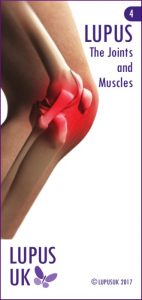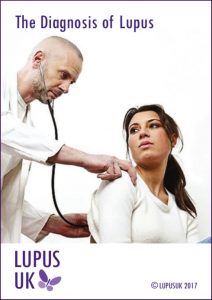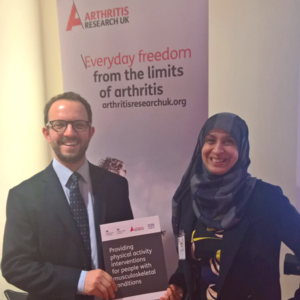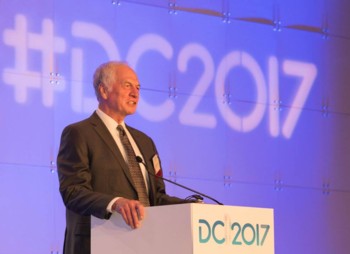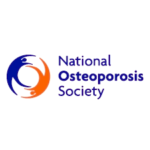The latest guidance is out for the prescription and monitoring of non-biologic disease-modifying anti-rheumatic drugs (DMARDs). It’s aimed at primary and secondary care practitioners managing patients with rheumatic disease in the UK.
Significant updates include:
(1) Harmonisation of monitoring schedules, recommending that all DMARDs that require laboratory monitoring follow the same frequency of testing
(2) More nuanced discussion of the use of methotrexate in lung disease is provided, drawing from the two large meta-analyses recently published.
(3) Significant change is made regarding the evaluation of retinal toxicity for hydroxychloroquine users:
Lead author Dr James Galloway, Senior Clinical Lecturer at King’s College London says:
“These updates have two major focuses: firstly, streamlining monitoring schedules wherever possible, given the myriad of different regimens across drugs, and most of the schedule variations were somewhat arbitrary in their origins; second, to review and incorporate the evidence base available, acknowledging several key publications that have emerged since the first guidance.…
Read more of this article



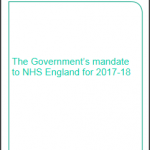


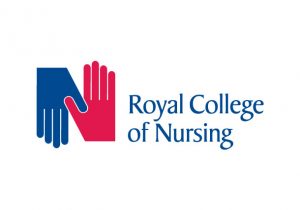 The Royal College of Nursing Congress runs from 13th – 17th May in Liverpool Arena & Convention Centre.
The Royal College of Nursing Congress runs from 13th – 17th May in Liverpool Arena & Convention Centre.
